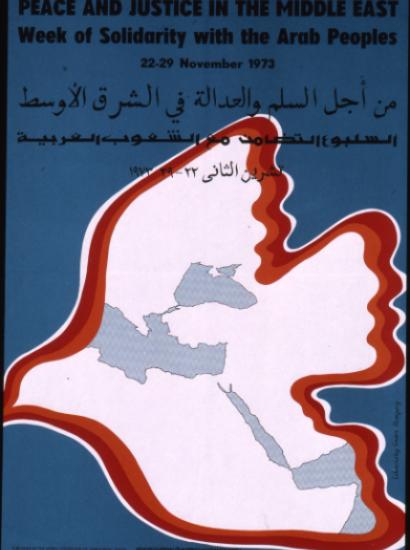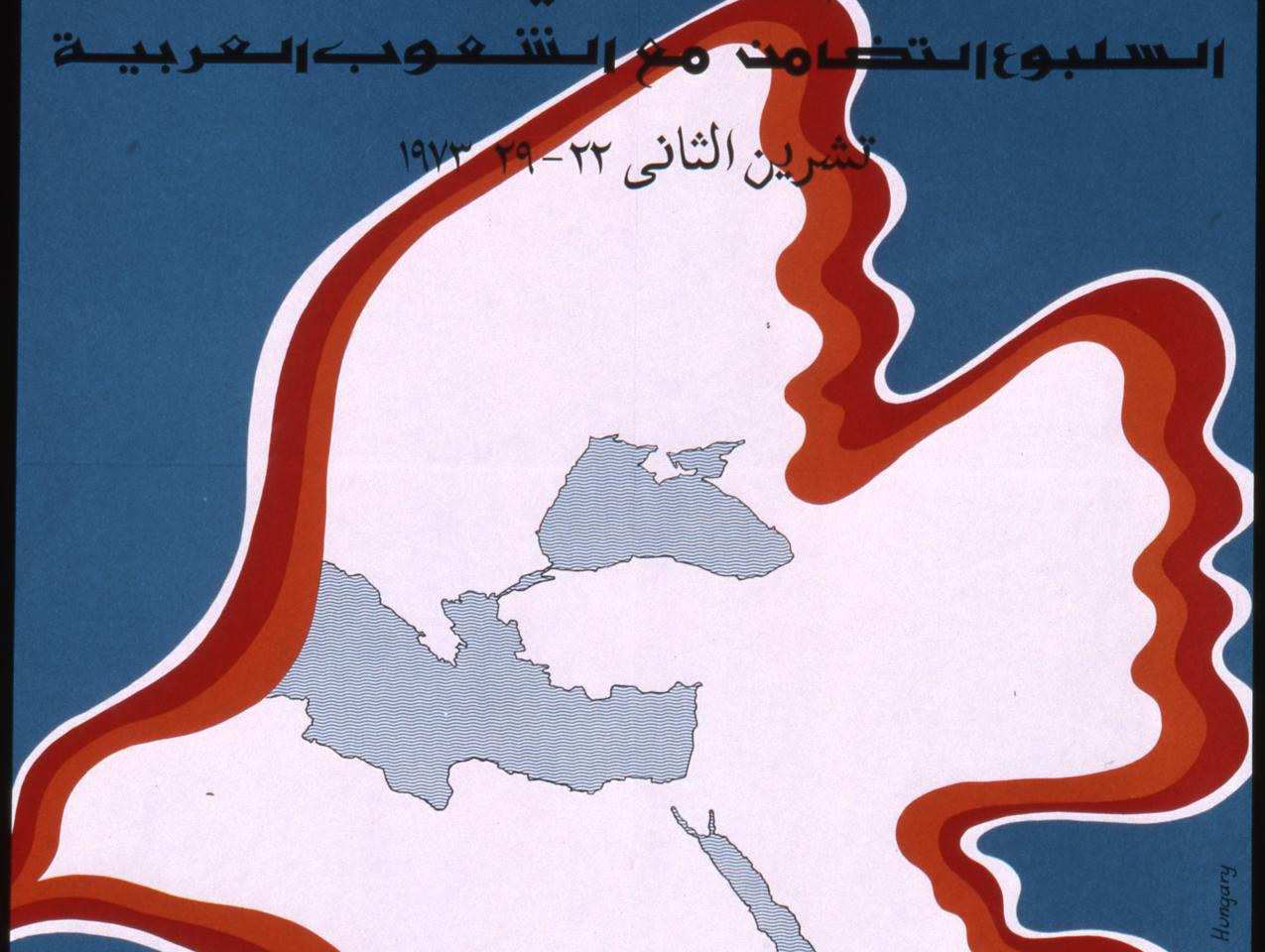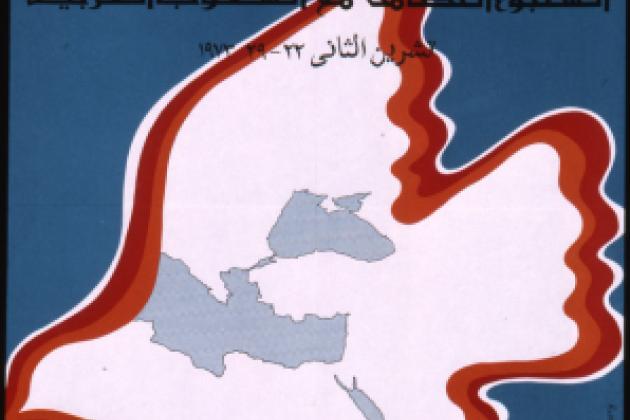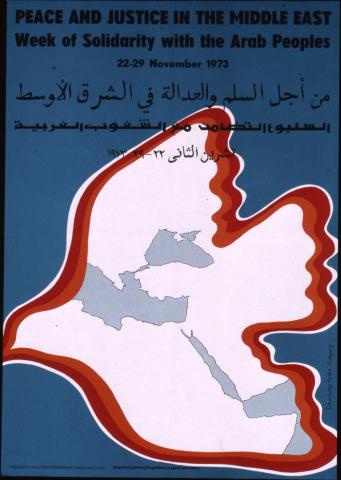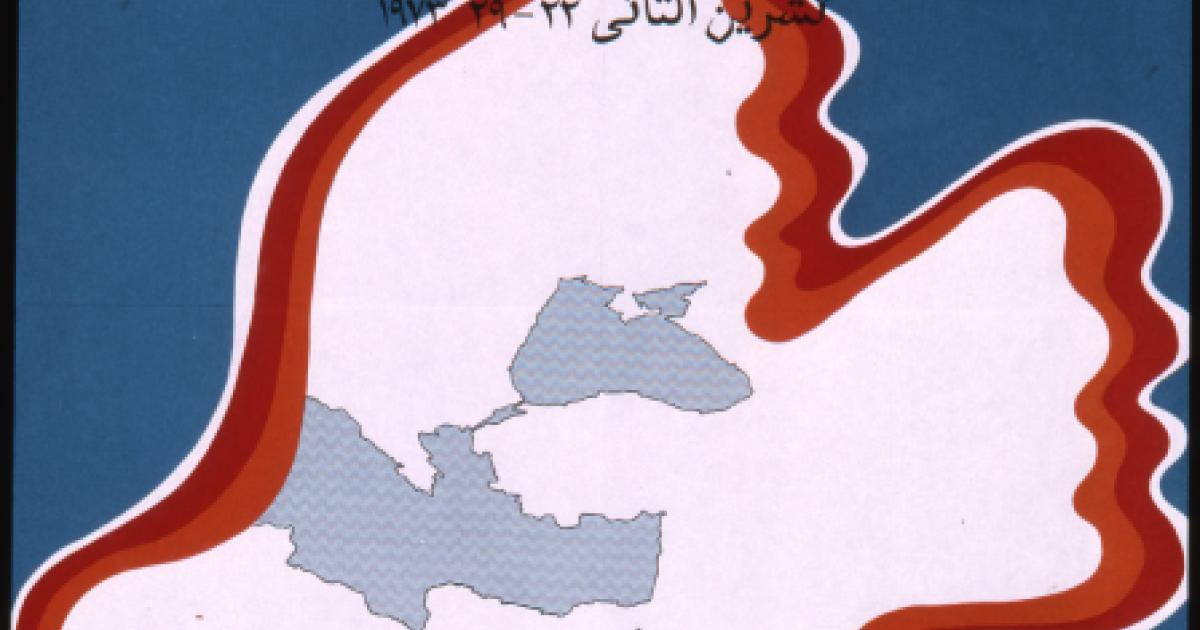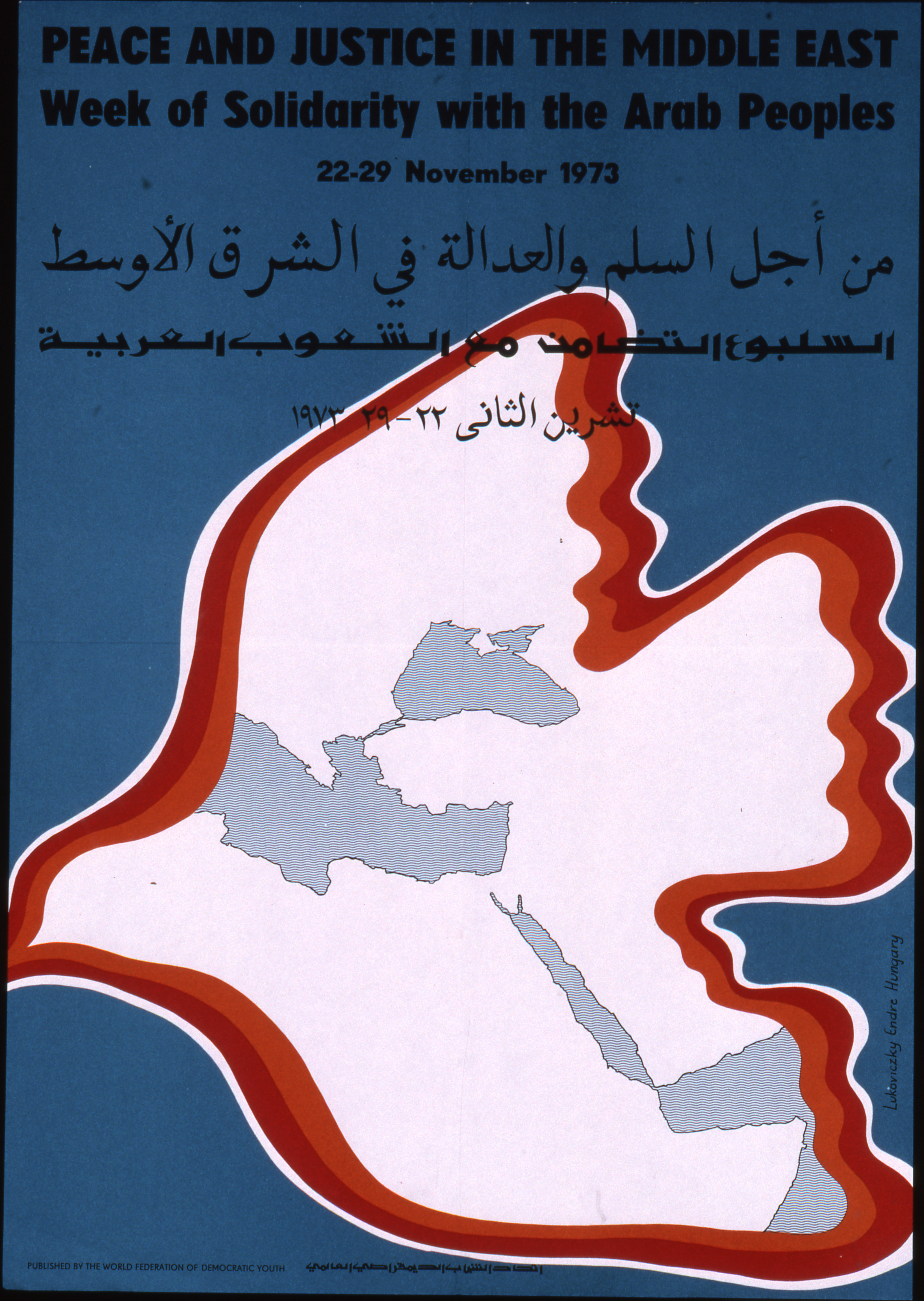
In a fascinating appendix to his history of guerilla warfare, Invisible Armies, the military historian Max Boot displays an extraordinarily comprehensive database of the 443 military insurgencies that have taken place globally since 1775. The earliest of these that is still ongoing is the Kachi and Karen tribes’ struggle against Burma, which started in 1948. Second comes the FARC/ELN/EPL/M-19 narco-insurgency against the government of Colombia, which started in 1963. But the world’s third oldest is the Palestinian Liberation Organization’s campaign against Israel, which started in 1965 and which was joined by those of the Popular Front for the Liberation of Palestine in 1968, the Abu Nidal organization (1974), Hezbollah (1982), Islamic Jihad (1981), and Hamas (1987). In the intensity of conflict and sheer number of organizations involved, however, Israel easily emerges top in the world league of nation-states that terrorists have vowed to destroy. As in Burma and Colombia, these campaigns have become quite literally multi-generational, with the children and now grandchildren of the original terrorists joining the family business.
In the past three decades Israel has also had to fight off two Intifadas (“Uprisings,” or literally “Shakings Off”), the first from December 1987 to September 1993, and the second from September 2000 to August 2005, which featured strikes, boycotts, and demonstrations as well as direct violence. With the end of the latest 50-day-long campaign in Gaza this year, it is clearly worthwhile asking whether any military solution is possible, or whether the situation has gone beyond that.
For as Boot’s book points out, the “the narrative of events,” i.e. the telling of the story from a propaganda point of view, “has now become more important than actual combat in determining the course of events.” With the world media heavily biased towards the Palestinian “narrative,” which since 1967 it has (wrongly in my view) construed as that of the underdog, have we reached the point where even a military solution would be no solution at all?
Of course in one sense there is always the possibility of a military solution, if the Israel Defense Forces (IDF) simply abandoned its long-established rules of engagement and simply cleared the Arab populations out of Gaza, the West Bank, and possibly also Southern Lebanon, as it perhaps ought to have done at the end of the Six Day War in 1967, saving everyone—especially the Palestinians—the past half-century of strife. Israel undoubtedly has the military might to achieve this. If Israeli soldiers were to ignore the terrorists’ tactic of hiding behind civilians, especially women, children, and the elderly, and open fire regardless, then the fighters of Hamas, Fatah, and Hezbollah could undoubtedly be killed in large enough numbers to neutralize those organizations for a generation.
Yet such a campaign goes flatly against all IDF training, as well as Jewish moral teaching, and so it is inconceivable that it would ever be adopted. No army in the world takes as much care to avoid collateral damage as the IDF, knowing that the eyes of the world—and the constant moral disapproval of the global media—are constantly upon it. The Armageddon option is therefore not one that will be adopted by Israel, which will continue effectively to fight with one arm tied behind its back. If the struggle were taking place before the Geneva Convention, or was restricted purely to Jews and Palestinian Arabs, with no danger of outside intervention from the other Arab states or the rest of the world, then things might possibly have been different, but they are not.
Since the 1950s, Israel’s basic national security doctrine has been that it can never defeat the Arabs decisively enough to end the conflict, in the same way that the Allies defeated Nazi Germany and Japan in the Second World War, say, because the geographic and demographic asymmetry is too greatly stacked against her. As David Ben Gurion put it: “For us there exists no hope of a final war; after every war we win the Arabs can recover and start a new one, in which they can hope for a decisive and terminal victory.” Yet he hoped that if every time the Arabs attacked—as in 1948, 1967, and 1973—they were decisively defeated, then perhaps after a while they would relegate the destruction of Israel to political rhetoric and ever-hopeful prayer.
This policy seemed to be working after the 1967-1970 “War of Attrition” when first the Jordanians and then in March 1979 the Egyptians under Anwar Sadat made peace with Israel, an arrangement that was finalized in October 1994. Without Egypt, no Arab state felt strong enough to attack, but the rest of the Arab world continued to pose a threat, not least by supporting Palestinian aspirations. In 1982 the IDF forced Hezbollah out of Lebanon, but did not get rid of the Palestinian population, although the Palestinians were initially denied the ability to recover their military capabilities by the Lebanese themselves. Theoretically, Israel could do the same in Judea and Samaria and Gaza; she could eradicate the Palestinians’ physical presence between the Jordan River and the Mediterranean Sea, but wars are not purely military events.1 Moreover the Jews are hobbled both by their innate decency and their recent history—the phrase “Final Solution” has too many overtones for them ever to seek the kind of final military solution that is easily within their grasp. Precisely what makes them so special as a race also condemns them to seemingly perpetual peril.
Israel is too small and dependent on others to withstand more than a certain level of international censure—even when it does less damage to civilians than the U.S. and its allies did in Afghanistan and Iraq, Israel is attacked diplomatically and with “lawfare” (threats of international legal indictments). The hypocrisy of the White House’s criticism of Israel over the deaths of civilians in the recent Gaza war—considering the number of wedding parties and other innocent gatherings blasted by U.S. drones over the past decade in Pakistan and elsewhere—was of course breath-taking, but such is the small change of modern politics and the lack of irony in President Obama’s thought processes.2
Of course Max Boot might just as easily have gone back earlier than 1965, to November 1947 when the UN General Assembly adopted its resolution replacing the British Mandate in Palestine with a partition plan, one which would have made Jerusalem a UN city. This resolution sparked violence in which thousands were killed and wounded, and which in turn led to direct clashes between the Haganah and what was to become the Arab Liberation Army. Hostility between Arab and Jew has been continuing at differing levels ever since, with occasional massive flare-ups in the wars of 1948, 1956, 1967, 1973, and so on. As Senator George Mitchell pointed out in a thoughtful Boston Globe article on September 7, 2014, “There have been 12 American presidents and 20 secretaries of state since 1948. Each has tried to reconcile the differences between Israelis and Palestinians.”3 Yet each has failed.
Might it therefore simply be that there are such things as insoluble problems in international affairs, and that we are only exhibiting absurd optimism in assuming anything else? If the Burmese and Colombian wars against terrorism have been going on for over half a century, they’re hardly alone in fighting long wars. There has so far been no military solution to the struggles of the Naxalites against India, which started in 1967, the NPA against the Philippines (1969), the Baluchi separatists against Pakistan (1973), or the Cabindi province’s struggle against Angola (1975), and there are plenty more guerrilla wars almost as equally as old that are still ongoing at various levels of violence elsewhere around the world. Although it might be hard for American idealists, who tend to believe that every problem must have a solution, to accept, perhaps Israeli-Palestinian conflict is just part of the human condition, like cancer. (Indeed, if you ask people to predict which is more likely to be cured first, I suspect most people would say cancer.)
This is simply a recognition that when two antagonistic peoples claim the same piece of land, and the stronger of the two is prevented by moral scruples and outside pressure from exterminating the weaker, while the weaker feels no compunction in ignoring the rules of human decency in its campaign against the stronger, then you have a classic impasse. The Italians waited 183 years for Napoleon to rid them of the Austrians, after all, and the Greeks waited over 600 years before the Turks left their shores. Perhaps the Israeli-Palestinian war is not old at all, therefore, but relatively young. Since we can be certain that a Hamas/Fatah/Hezbollah/Islamic Jihad/ISIS victory would be immediately followed by a Second Holocaust in Palestine almost as comprehensive as the first, the prospect of never-ending struggle is far from a counsel of despair.
1. Elliott Abrams, “The Long War Against Hamas,” Weekly Standard, August 4, 2014.
2. Elliott Abrams, “The Fog of Cease-fire,” Weekly Standard, September 8, 2014.
3. George Mitchell, “How we got here,” Boston Globe, September 7, 2014.








